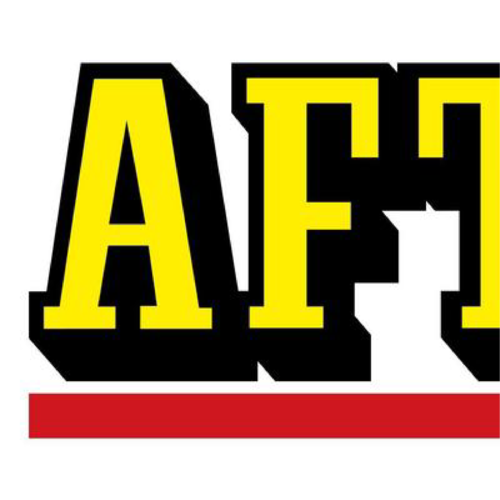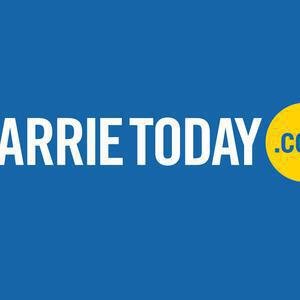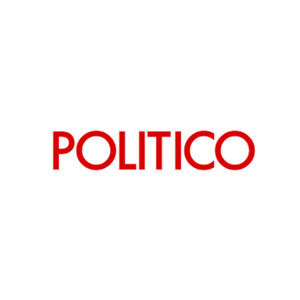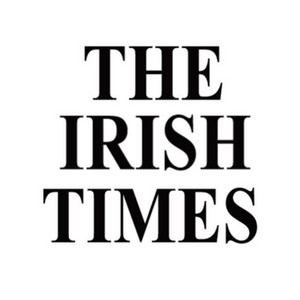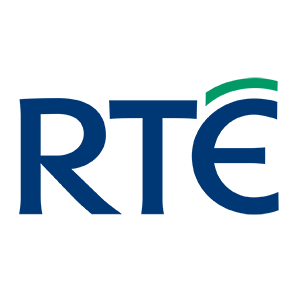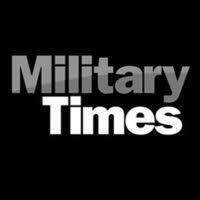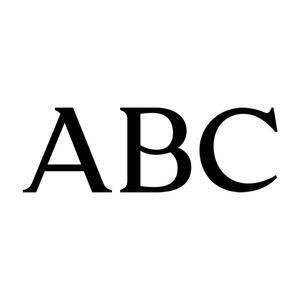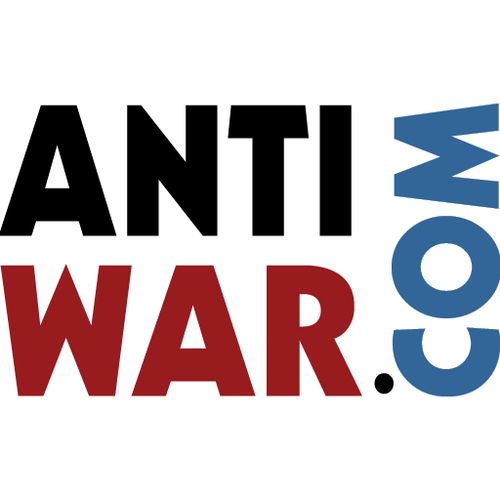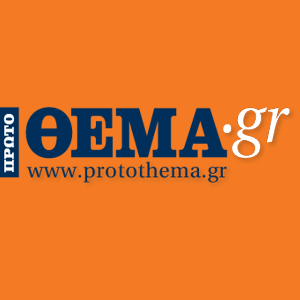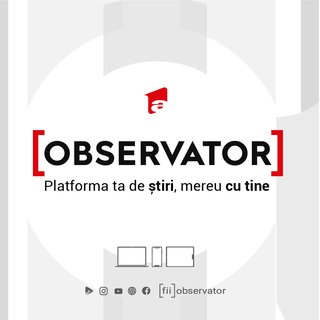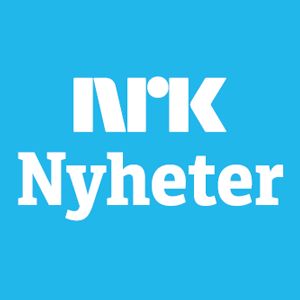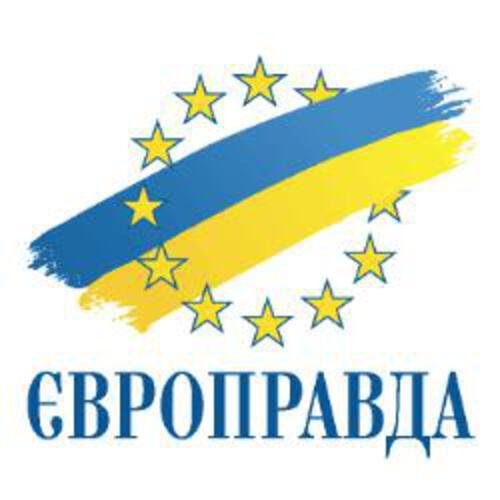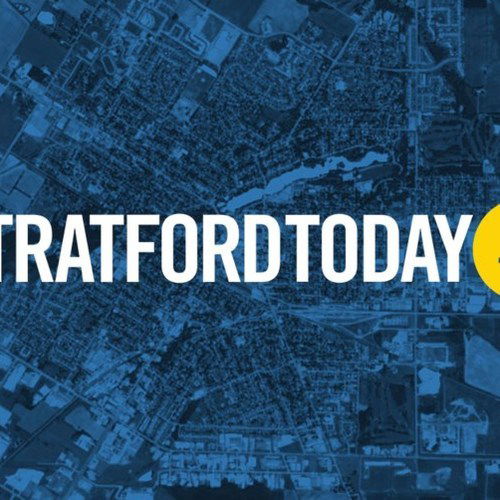- Defense Secretary Pete Hegseth said U.S. forces will not be part of a future peacekeeping mission in Ukraine. During an address to a 57-member pro-Ukraine alliance, he made the remarks.
- Hegseth said Ukraine will not be a member of NATO nor have its pre-2014 territory when the war ends.
- President Donald Trump also called on NATO members to increase defense spending by 5% of their GDP.
Full Story
Defense Secretary Pete Hegseth told the Ukraine Defense Contact Group that U.S. forces will not be part of a future peacekeeping mission in Ukraine. In his inaugural remarks to the 57 member defense alliance, Hegseth announced the United States’ commitment to ending the war but said Europe must lead the effort.
“We want, like you, a sovereign and prosperous Ukraine, but we must start by recognizing that returning to Ukraine’s pre-2014 borders is an unrealistic objective,” Hegseth told fellow NATO members. “Chasing this illusionary goal will only prolong the war and cause more suffering.”
Based on that timeline, Hegseth said it’s unlikely Ukraine will regain Crimea or much of its territory in the southeast contested by Russian-backed separatists even before the current war began.
Ukraine won’t be a NATO member: Hegseth
Hegseth also said Ukraine will not join NATO at the end of the war. Ukraine applied to join the 32-member defense alliance in September 2022.
“The United States does not believe that NATO membership for Ukraine is a realistic outcome of a negotiated settlement,” Hegseth said “Instead, any security guarantee must be backed by capable European and non-European troops.”
Hegseth said those troops must be on a non-NATO mission and not covered under Article V, which states an attack against one NATO member is an attack against all.
Hegseth said his speech outlined President Donald Trump’s approach to the conflict, which he wants to end through diplomacy.
The priority is to bring Russia to the negotiating table through a pressure campaign that involves cutting off Vladimir Putin’s primary source of funding for his war machine: oil and gas exports.
NATO spending a point of contention for Trump
“Lower energy prices, coupled with more effective enforcement of energy sanctions, will help bring Russia to the table,” Hegseth said.
Hegseth also said Trump is calling on NATO members to increase annual defense spending to 5% of their GDP.
Spending has been a point of contention between Trump and the alliance ever since his first term.
Current NATO guidelines call for 2% defense spending.
As of 2024, eight of the 32 member nations were below that amount.
Hegseth applauded nations for increasing their defense investment, like Poland, which now spends 5% of GDP.
‘We hear you’
British Defense Minister John Healey responded to Hegseth’s speech.
Healey said, “We hear you. We hear your commitment to NATO, to Article Five, to a sovereign Ukraine and to your defense partnership with Europe.”
He continued, “We also hear your concerns. On stepping up for Ukraine, we are and we will. On stepping up for European security, we are and we will.”
The Ukraine Defense Contact Group is an alliance of 57 nations committed to Ukraine’s defense through monetary and military donations. It is comprised of all 32 NATO member states and 25 other countries.

